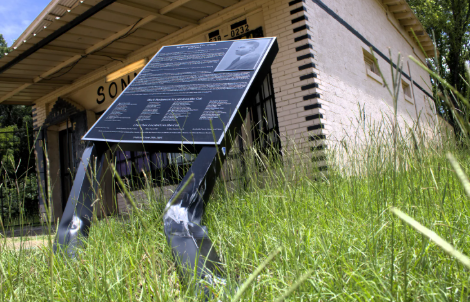Why debate on guns never goes anywhere
Published 7:06 pm Sunday, December 13, 2015
The gun debate always seems to go nowhere. Maybe that’s because neither side really speaks the other’s language. The New York Times published an example of this kind of disconnect on Friday, in an article titled “I’m a Responsible Gun Owner? Seriously?”
Zachary Stone, a 22-year-old student at the University of Texas at Austin, said he was asked to moderate a college debate about “campus carry,” the carrying of handguns on state college campuses.
Trending
“For the debate, I wanted to be able to ask questions about the licensing system,” he wrote. “To prepare, I decided to go through the licensing process, even though, technically speaking, I should have had weapons training before I applied. Knowing nothing about guns, I was supposed to fail. But I passed on the first try.”
See the disconnect? An obviously bright young man, who has no criminal record and meets all the other (fairly strict) requirements, takes a class and earns a concealed handgun license.
And he’s aghast.
“After almost zero training and a 10-minute test, the State of Texas considers me responsible to carry a gun,” he wrote. “Once my background check clears, I’ll have the license. I am not an outlier. According to the Texas Department of Public Safety, 99.7 percent of applicants in 2014 received their license.”
Yet Stone did receive training. And it was good training.
“The class was six hours long, but the instructor told us exactly what we needed for the exam in the final five minutes,” Stone wrote. “Then, we got the test: 25 questions, multiple choice – mostly about where you can lawfully carry your gun. City Hall? University buildings? Elementary school parking lots? All of the above. Everyone passed. I got 100.”
Trending
That’s the perennial complaint – and boast – of the clever child. The class was too long. I learned it all in five minutes. The test was easy. I was bored.
In fact, the CHL class in Texas has a well-defined (and well thought-out) curriculum. It covers much, much more than just where a license holder can carry a firearm. Stone himself describes it:
“You can only shoot in self-defense,” the instructor said. “This license is not for justice, but immediate self-preservation.”
Someone in the class asked, “But what if a man who just attacked me or my wife is running away? I can shoot him, right?”
The instructor answered, “That would be murder.”
Stone’s response? “Glad we cleared that up.”
The instructor was correct, of course. Why was Stone exasperated by that exchange? He doesn’t say. He assumes his readers will know.
So after a lengthy class, filled with very specific instructions and guidelines, Stone passes the test and proceeds to the gun range. Again, the story he recounts is one of patient instructors working with someone new to guns.
There’s a Groucho Marx quality to Stone’s essay. He wouldn’t want a license if they would give it to someone like him.
It’s a disconnect – Stone doesn’t understand why he should have a concealed handgun license. All he did was qualify for one.







